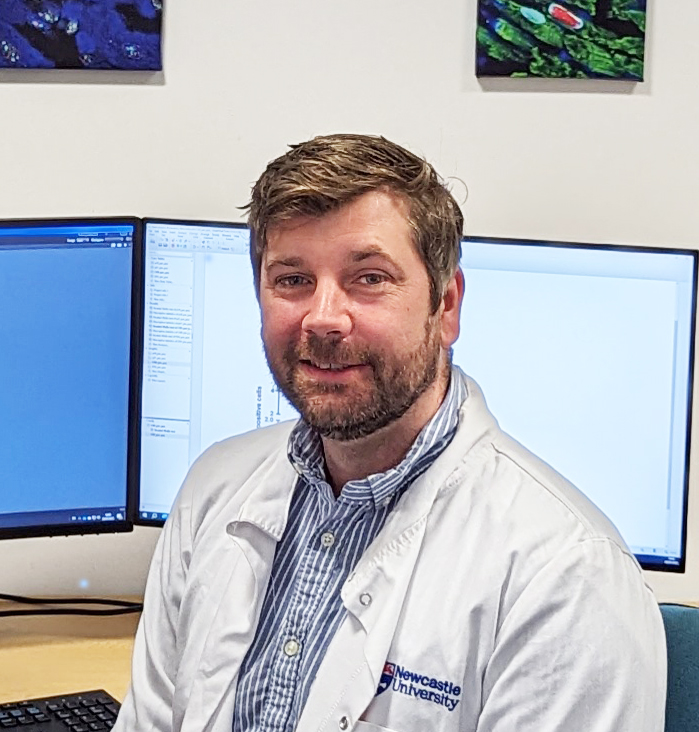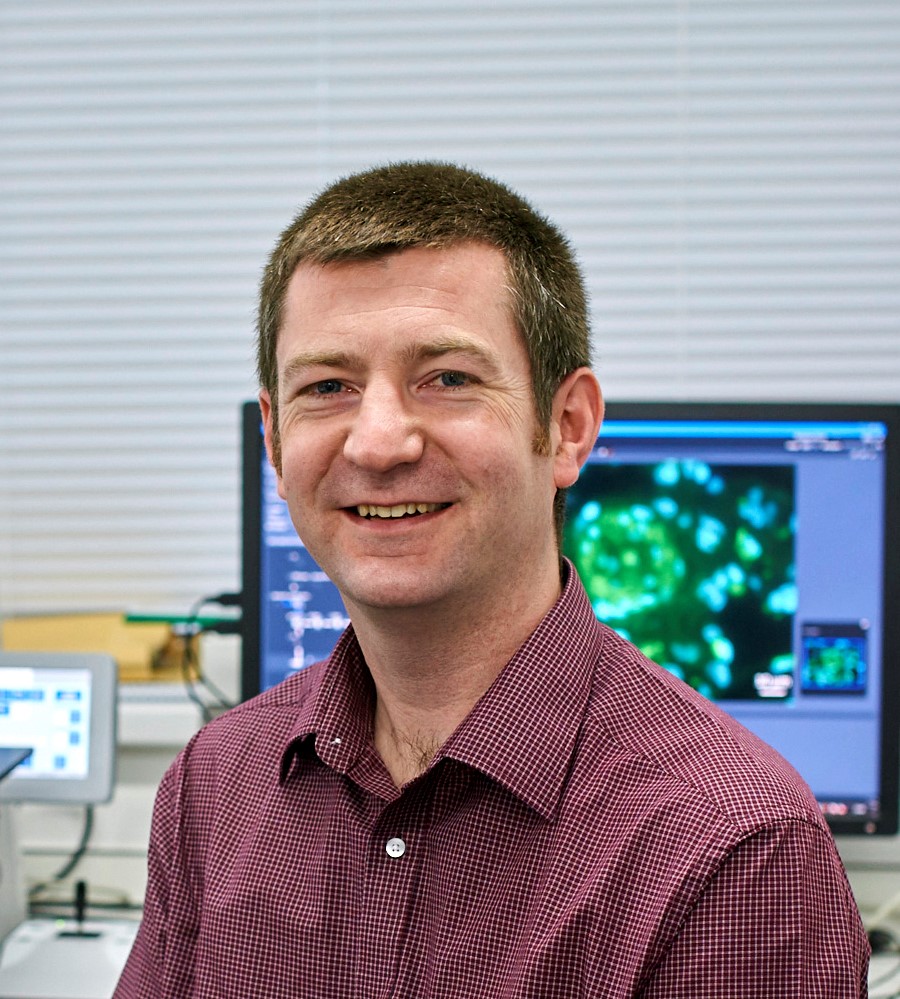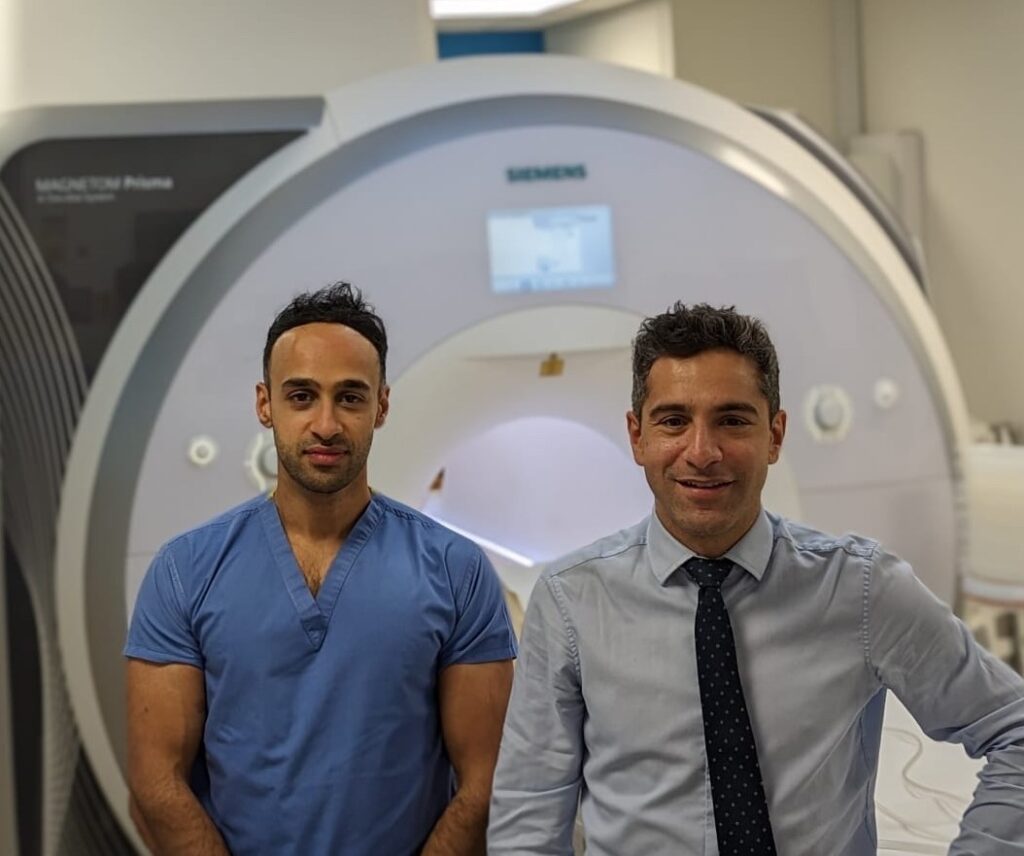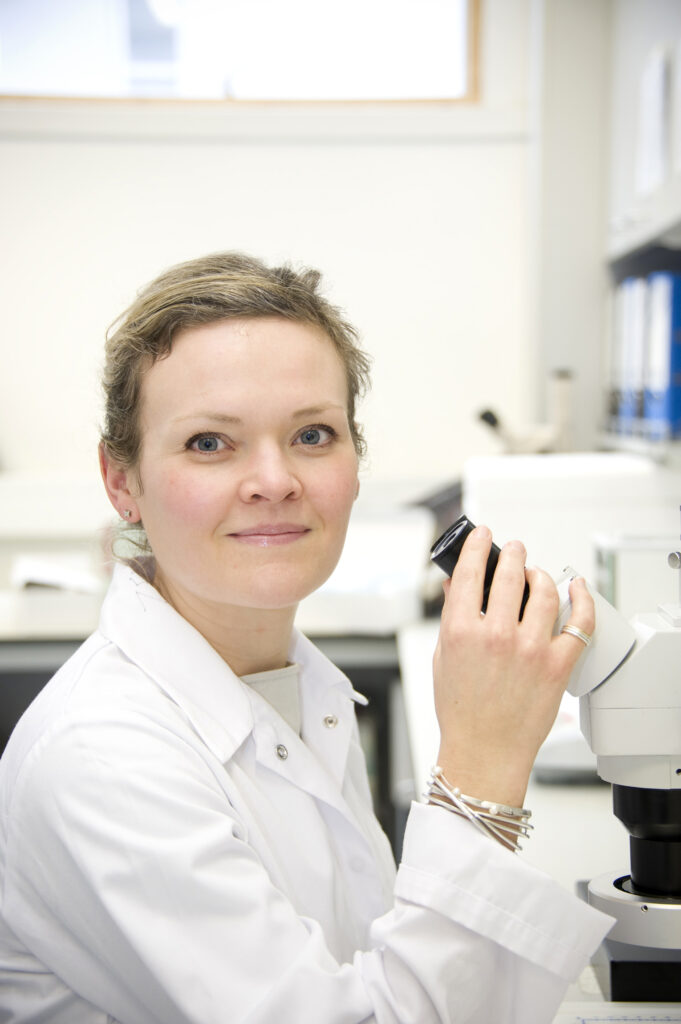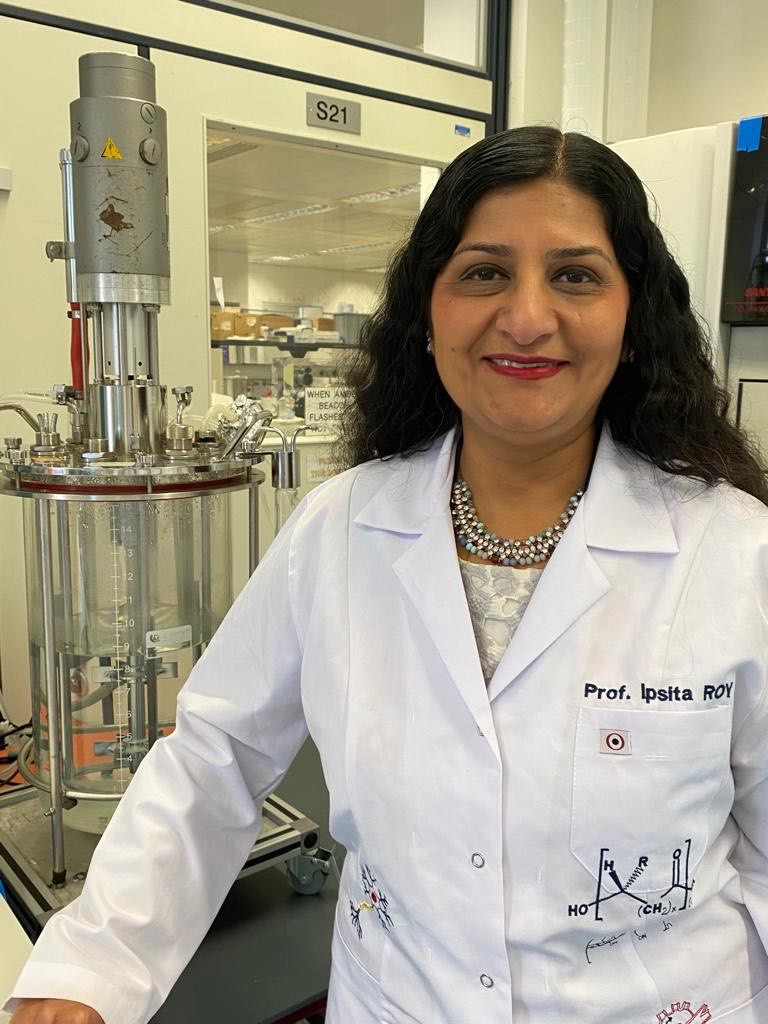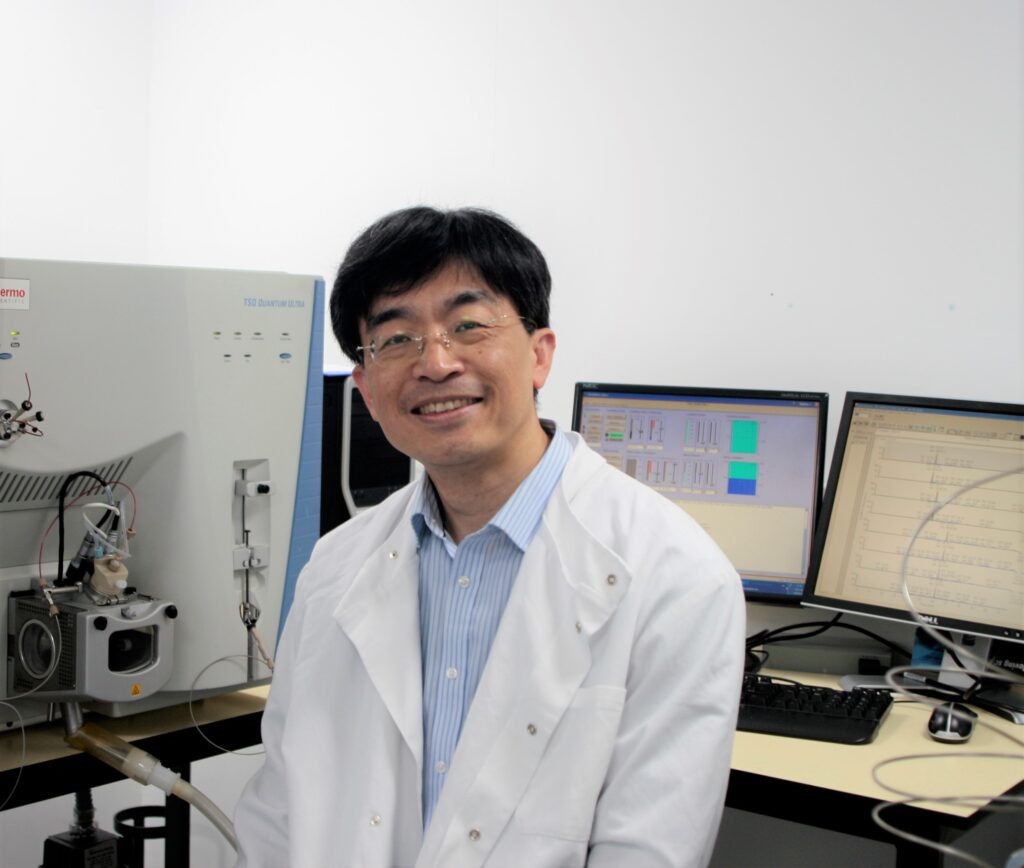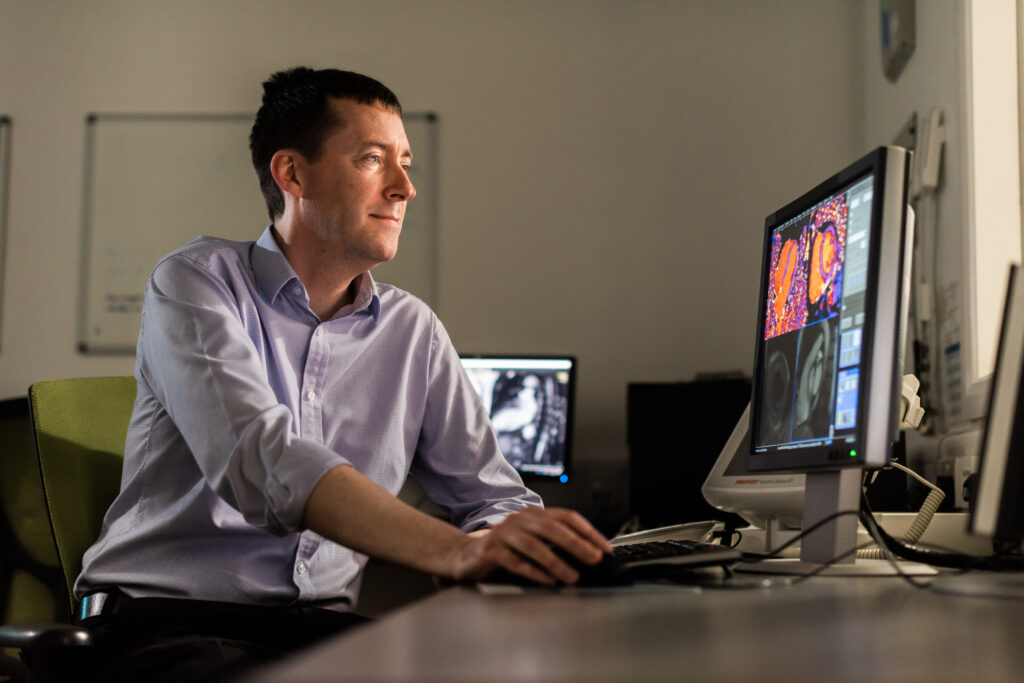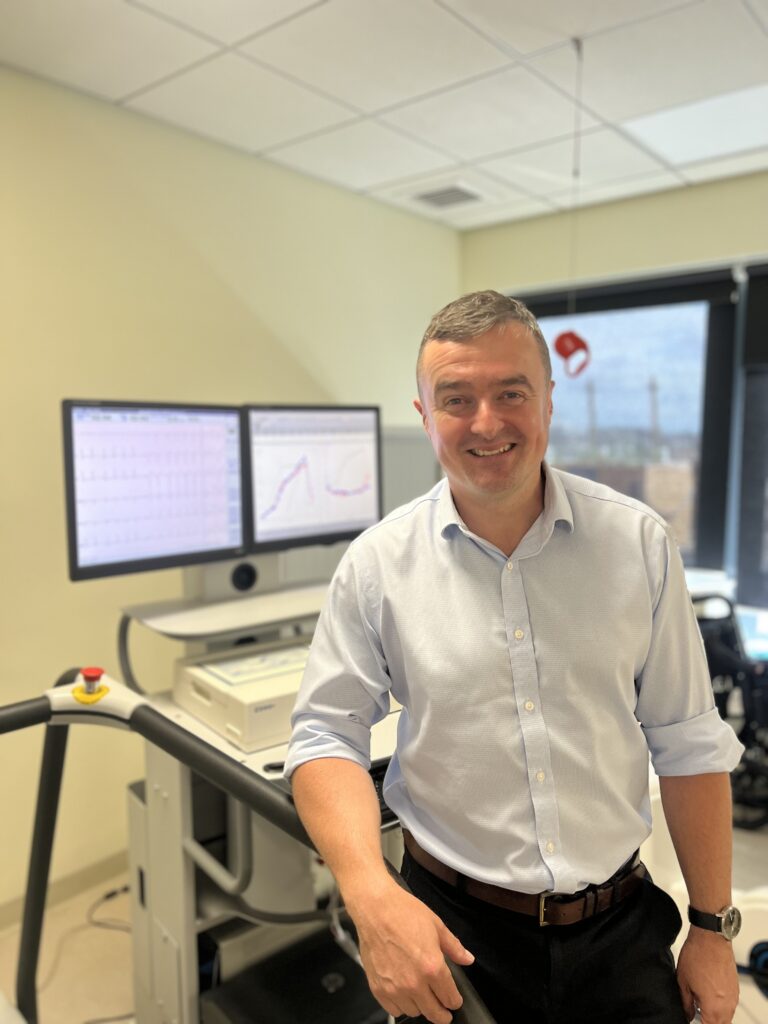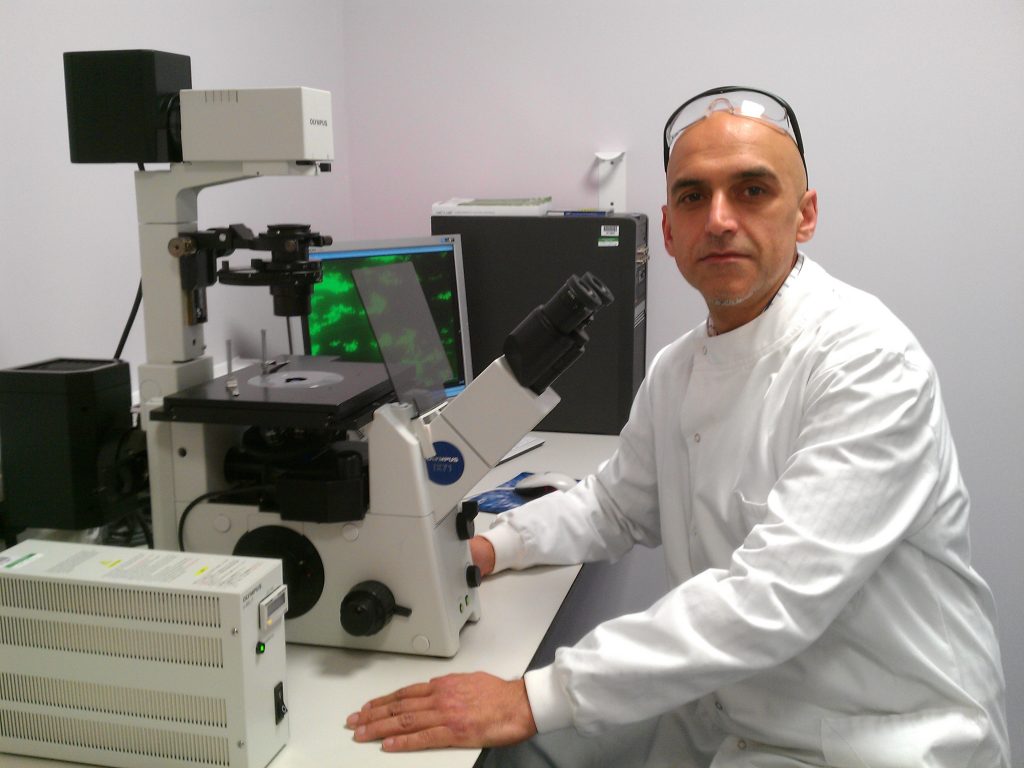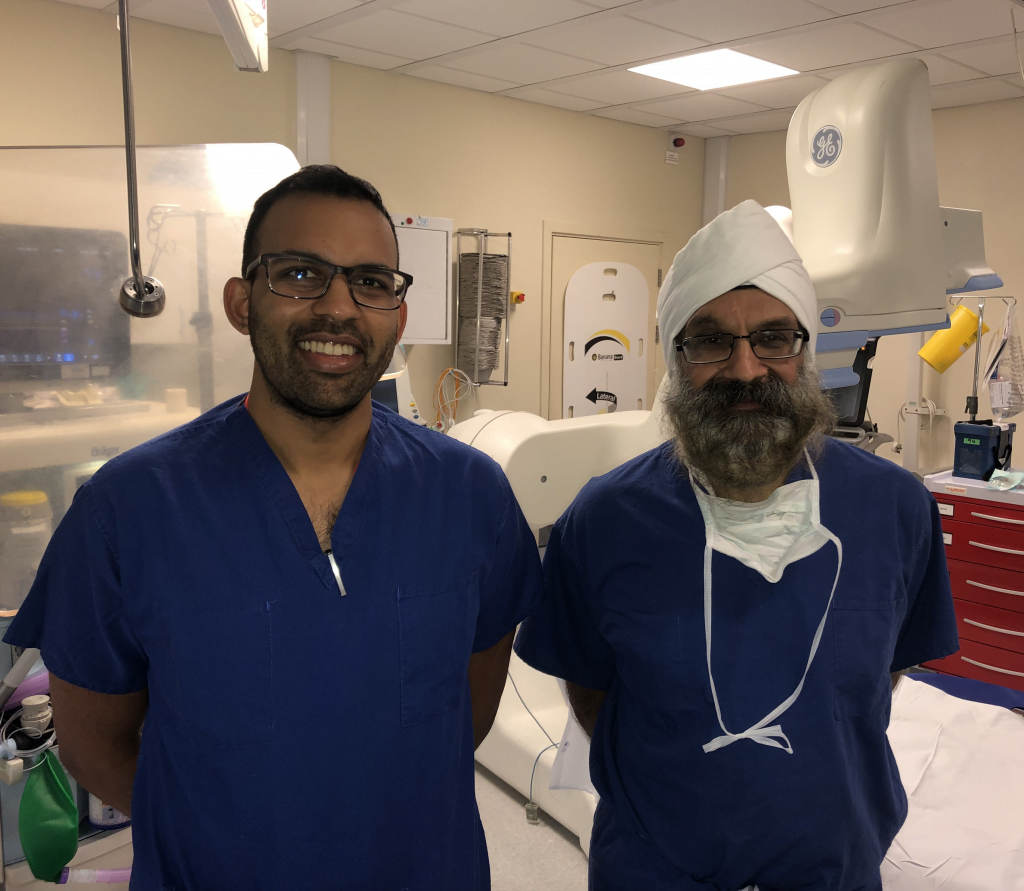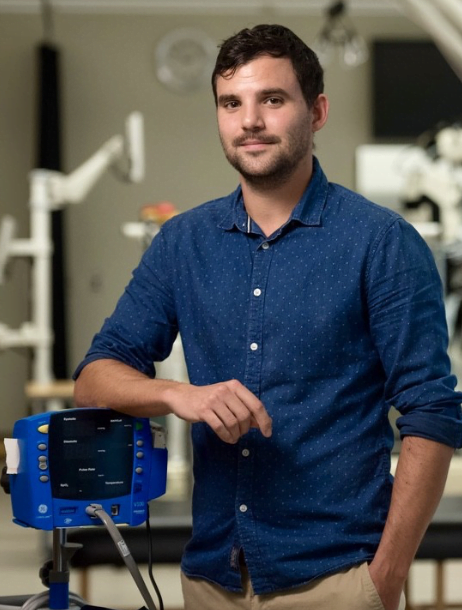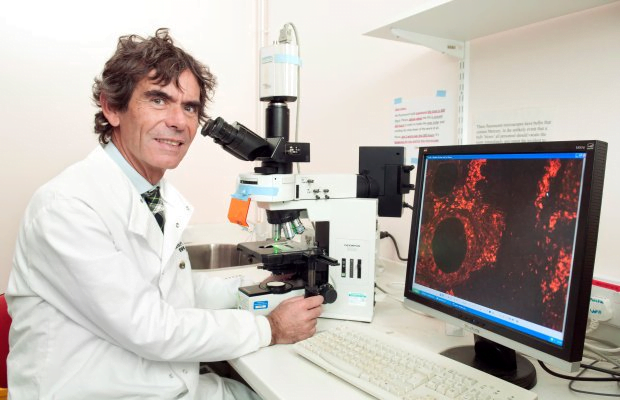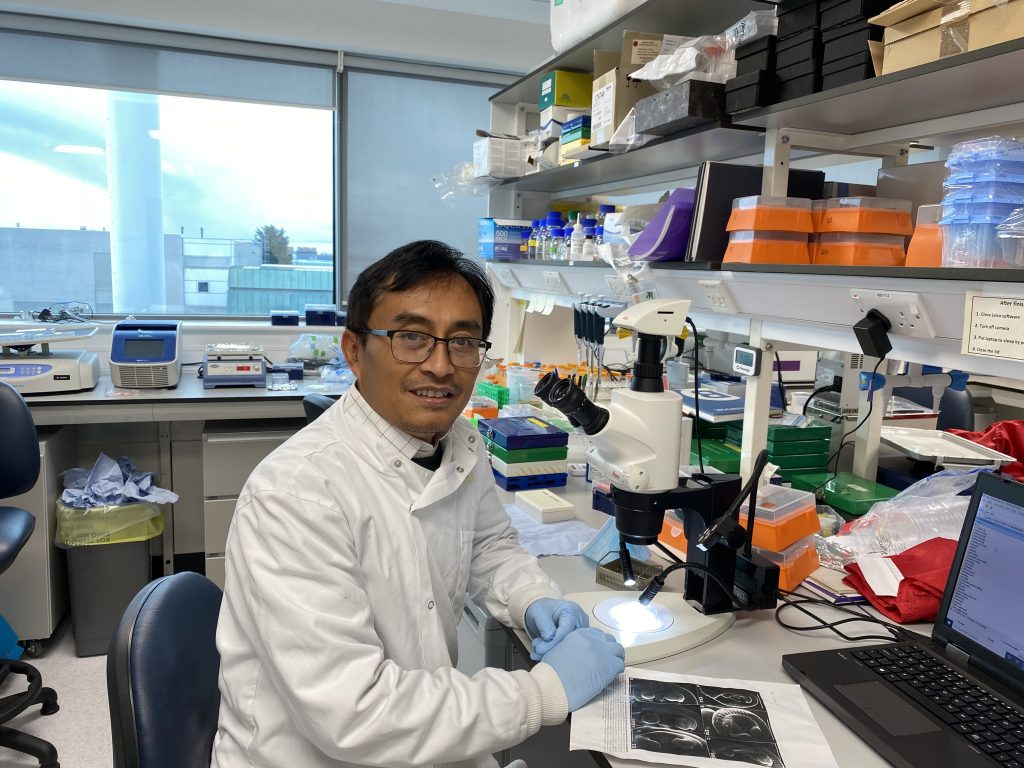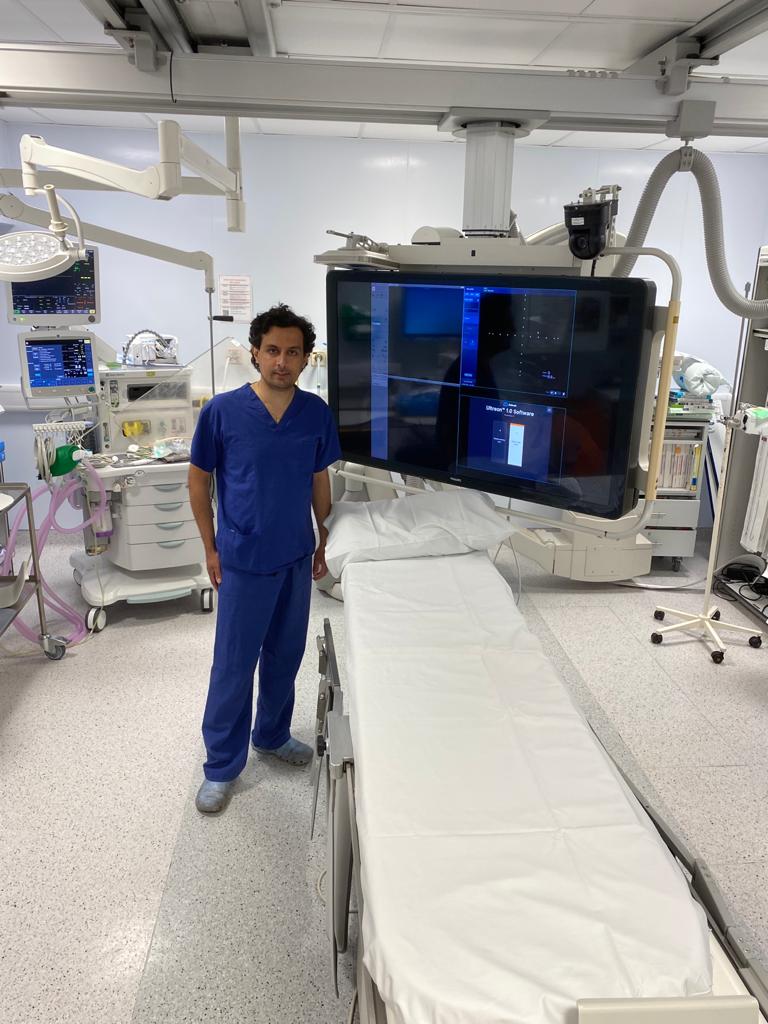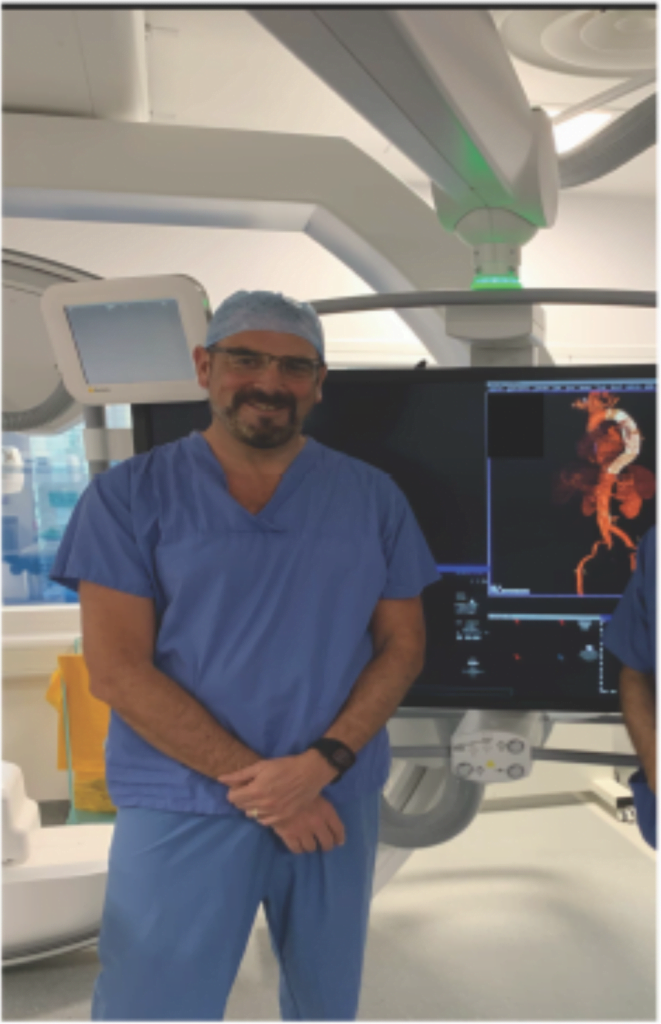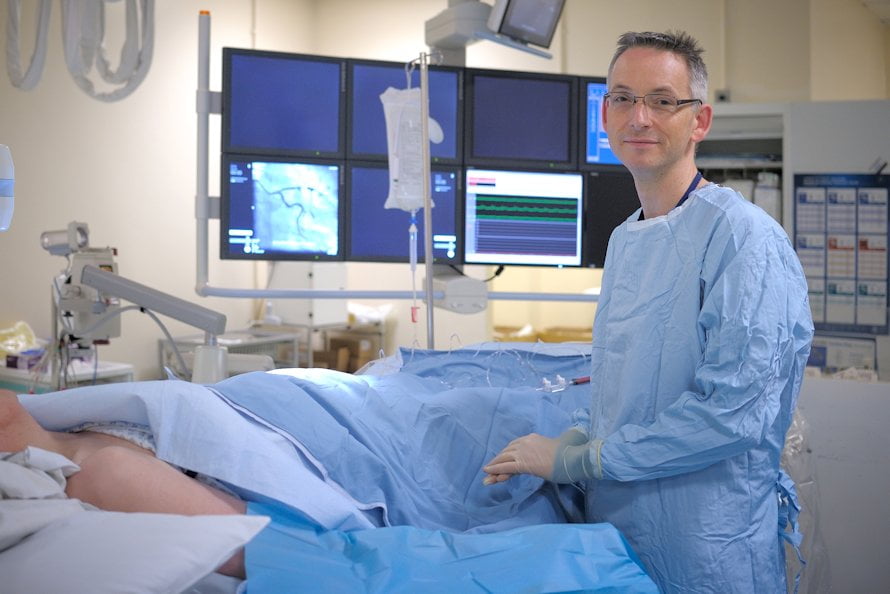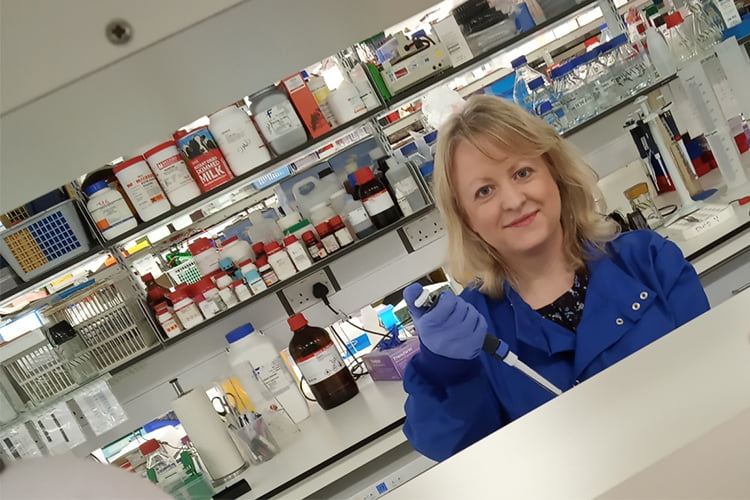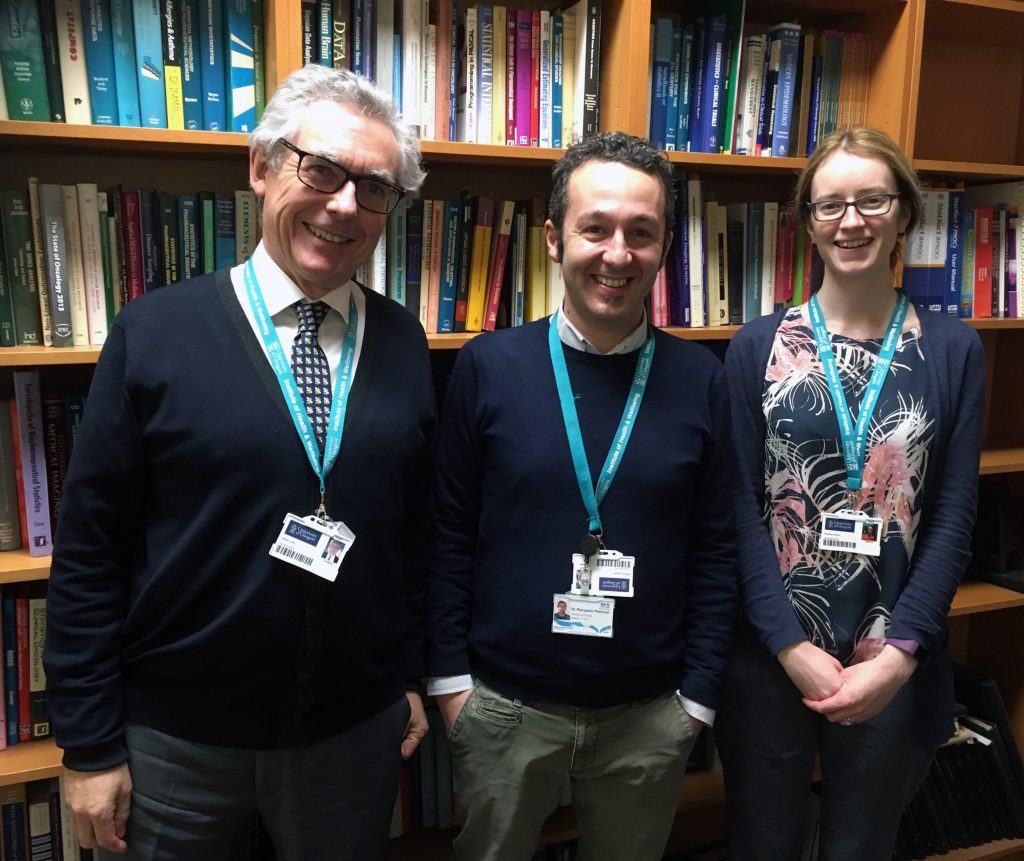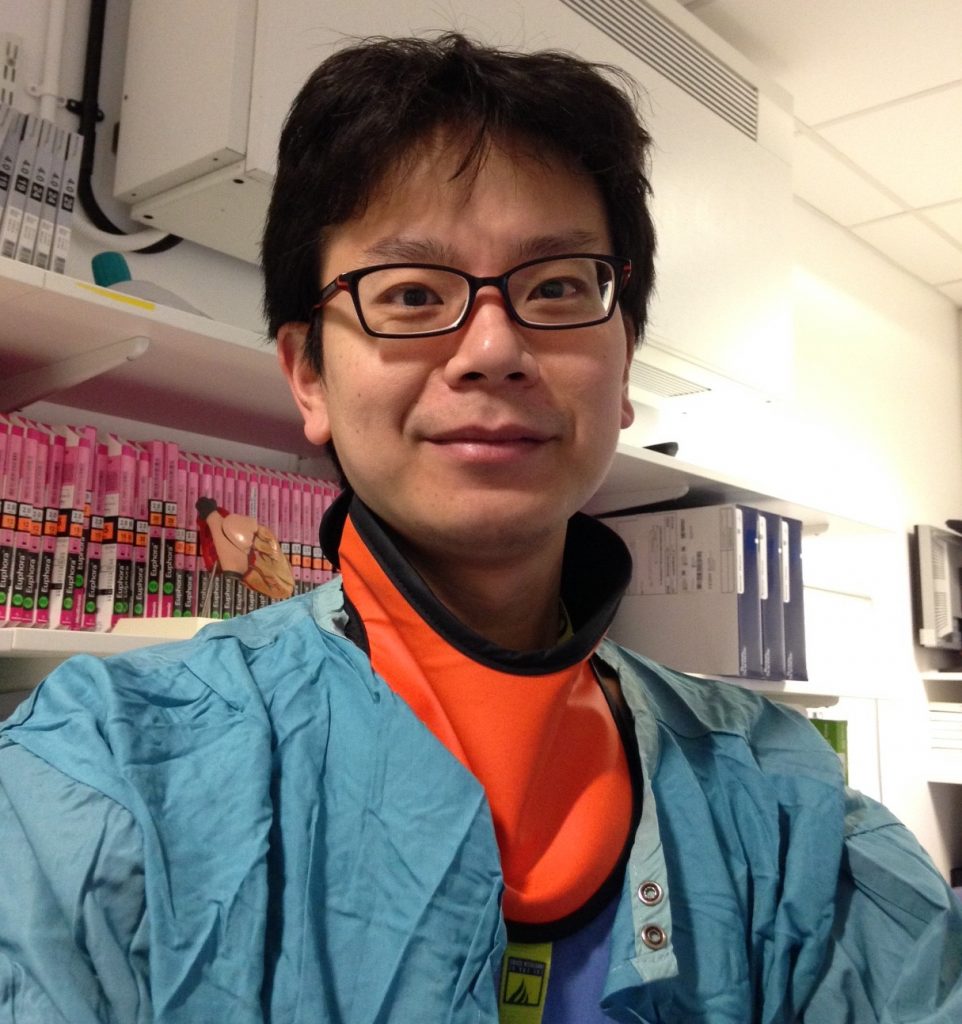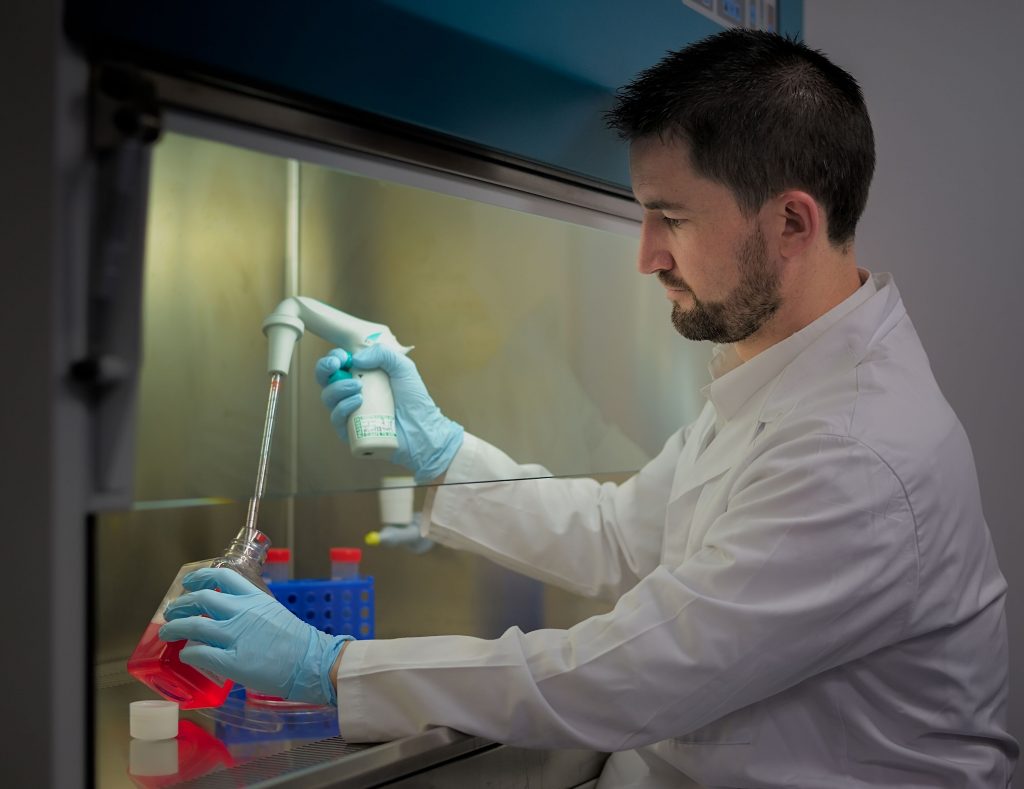Translational Research Project Grant
Prof Ziad Mallat, University of Cambridge
Amount: £191,476
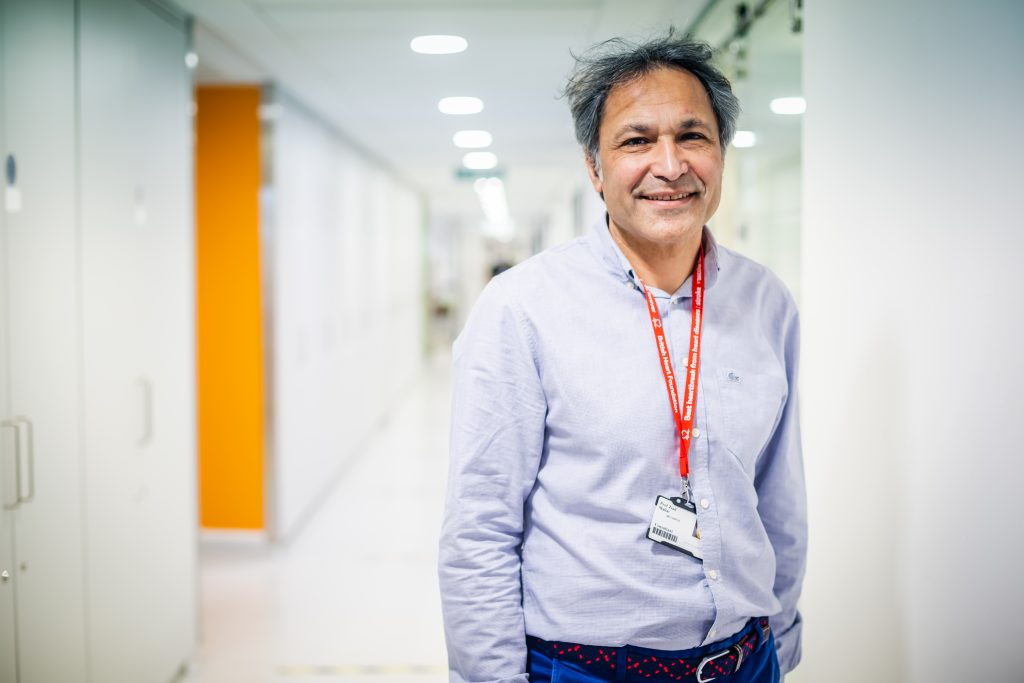
Summary: Narrowings in the blood vessels supplying the heart and brain can lead to heart attack and stroke. This is caused by atherosclerosis which is due to a combination of build-up of fatty deposits within the blood vessel walls and the immune system’s long-term over-reaction to the deposits, called inflammation. This project will test whether ‘interleukin-2’ can reduce inflammation and atherosclerosis, and therefore is a potential treatment for cardiovascular disease.

Narrowing of the blood vessels causes reduced blood flow to important organs like the heart and brain, which can lead to heart attacks and strokes. The ‘narrowings’ are caused by a disease process called atherosclerosis which, despite medical advances, is still the leading cause of death globally. Atherosclerosis is due to a combination of build-up of fatty deposits within the blood vessel walls and the immune system’s long-term over-reaction to the deposits, called inflammation. However, we still do not have any successful treatments to target this inflammation.
Interleukin-2 is an important messenger protein which is involved in regulating the body’s immune system. In laboratory models, interleukin-2 can reduce atherosclerosis, heart attacks, and strokes. In a previous clinical trial, Professor Mallat’s team successfully used interleukin-2 for the first time in patients with heart attacks. The trial showed that interleukin-2 was safe in these patients, and that it increased numbers of blood immune cells that suppress inflammation. The aim of this project is to investigate whether interleukin-2 can also suppress inflammation in the narrowed arteries, and could therefore translate into better outcomes for patients.
In this trial, patients will be given interleukin-2 before planned surgery to remove blood vessel narrowings in their neck blood vessels, which is a normal clinical procedure. The removed narrowings will be tested to see whether interleukin-2 has had the desired effects of reducing inflammation and disease progression. The technique that will be used to examine the blood vessel narrowings, called single-cell RNA-sequencing, is very innovative and precise. It will be the first time that it has been used in drug development for patients with heart disease.
If successful, this will be an important step towards developing interleukin-2 into a potential treatment to target inflammation and help patients with cardiovascular disease live longer and healthier lives.

